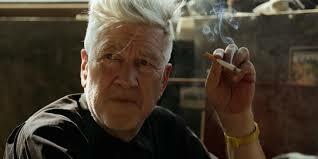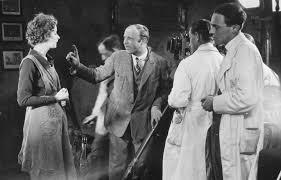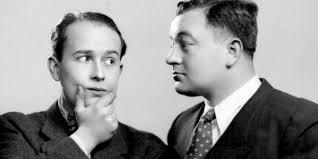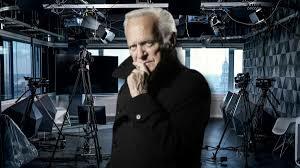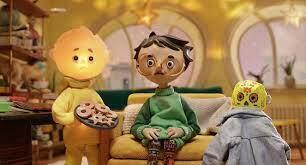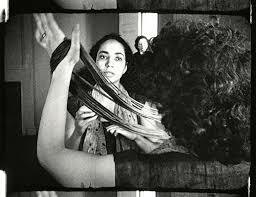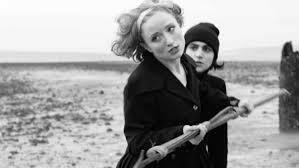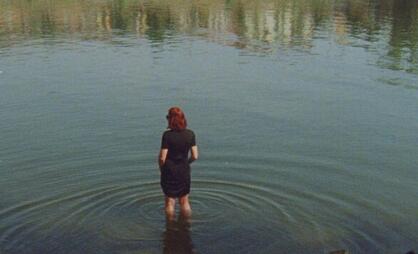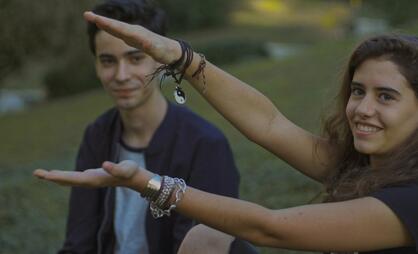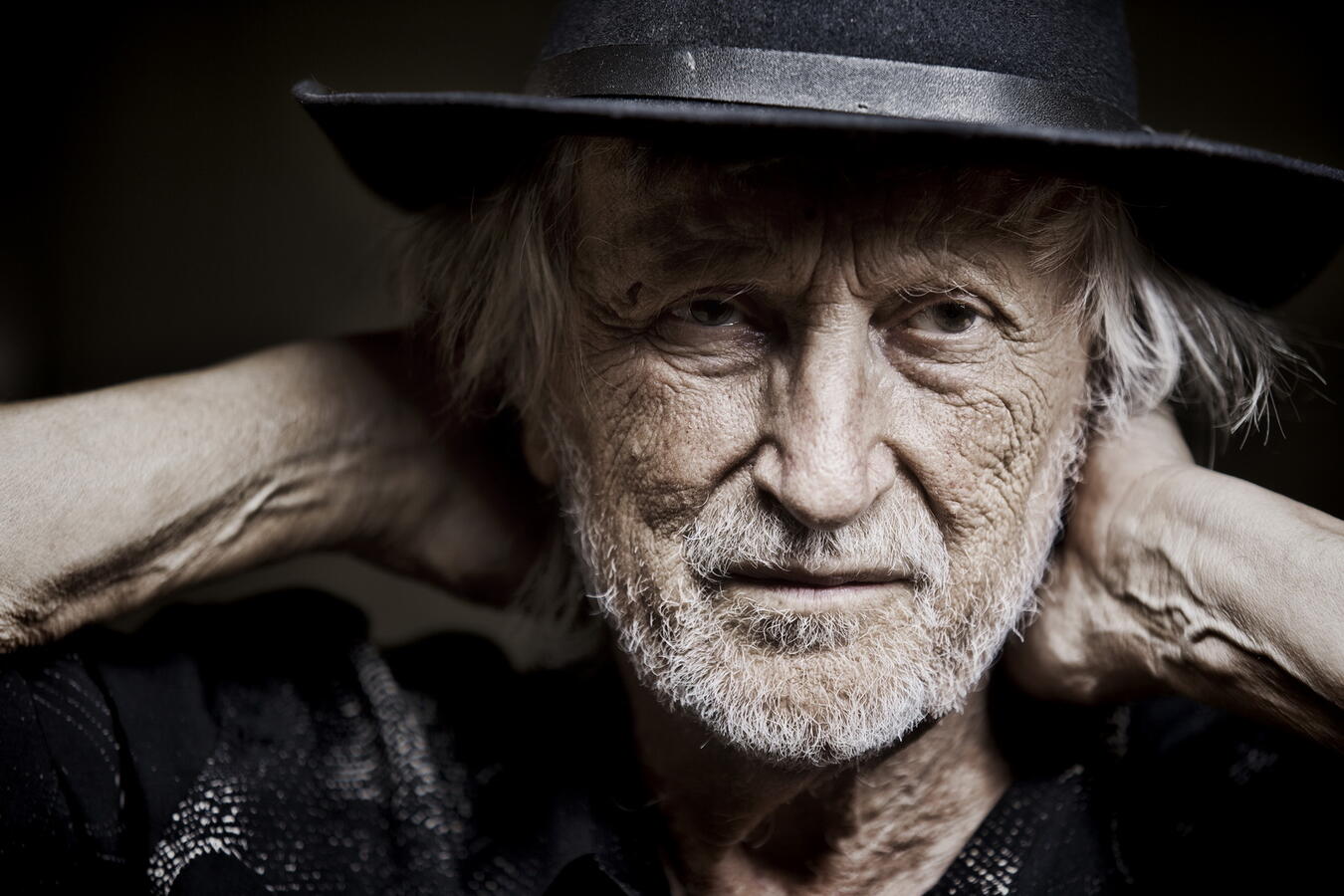
Juraj Jakubisko is one of the most important and original Slovak film directors. He was born on 30 April 1938 in the small village of Kojšov in eastern Slovakia. After graduating from the Secondary School of Arts and Crafts in Bratislava, where Elo Havetta was his classmate, they both got into FAMU in Prague. After graduation Jakubisko returned to Slovakia. After making short films, he made his feature debut in 1967 with Kristove roky. The aesthetics and poetics of this film clearly confirm its affinity with the aesthetics and poetics of the Czechoslovak New Wave. This was followed in short succession by Zbehovia a pútnici, Vtáčkovia, orphans and fools , and before the onset of normalisation he managed to make a large part of Dovidenia v pekle, priatelia.
Then came the Normalization screenings and, based on the assessment of the evaluation committee, Jakubisko was moved to Short Film in 1971. It wasn't until 1978 that he was able to make his next feature film, Build a House, Plant a Tree, but it was again deemed anti-socialist and was gradually withdrawn from distribution and put in the vault. Fortunately, Jakubiskov was no longer banned from filming and was able to make a three-part television comedy, Nevera in Slovak. This was followed by the extremely successful films Thousand Year Bee and I'm Sitting on a Branch and I'm Fine, as well as the fairy tales Perinbaba and Pehavý Max a strašidlá.
After the Velvet Revolution, he finished Dovidenia v pekle, priatelia, which he started shooting in 1970, and already in a private production Mirofilm Prague he made Je lepší být richy a zdravý ako chudobný a nemocý. Jakubisko's J & J productions include Nejasná správa o konci sveta / Unclear News of the End of the World, Post Coitum, Bathory and the fairy tale Perinbaba a dva svetty / Perinbaba and Two Worlds is waiting for its premiere. Juraj Jakubisko died on 24 February 2023 in Prague.
"I really use elements in my poetics, Eastern European elements if you like, but also other elements that are common to all of them. However, what is quite different is the combination of cruelty with poetry, which is inherent in folk poetry. I like folklore and I am constantly gravitating towards it. In my narrative, naturalistic and poetic elements are constantly intertwined. This is probably how a special kind of film poetics, which is close to the absurd, is created."
Juraj Jakubisko


